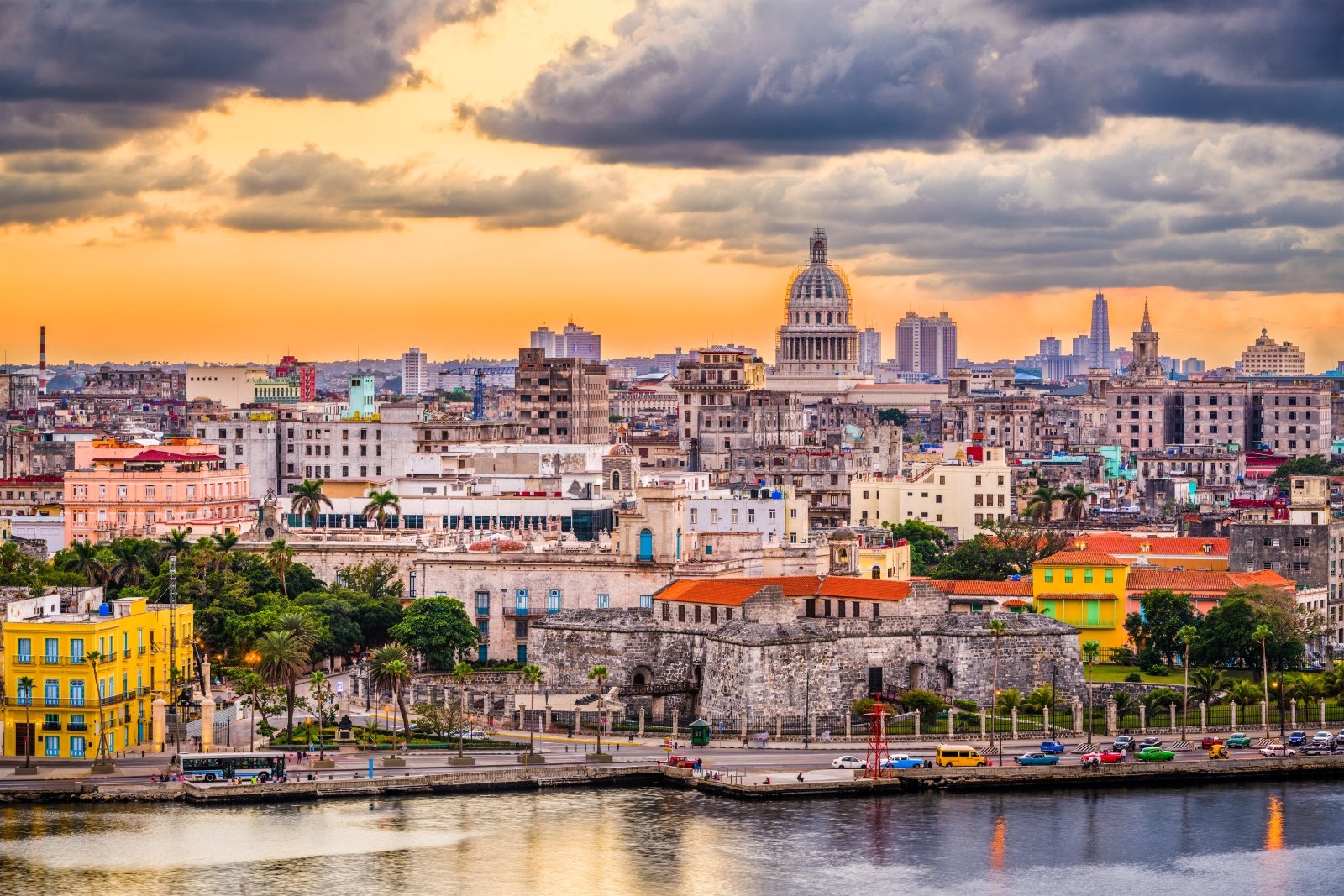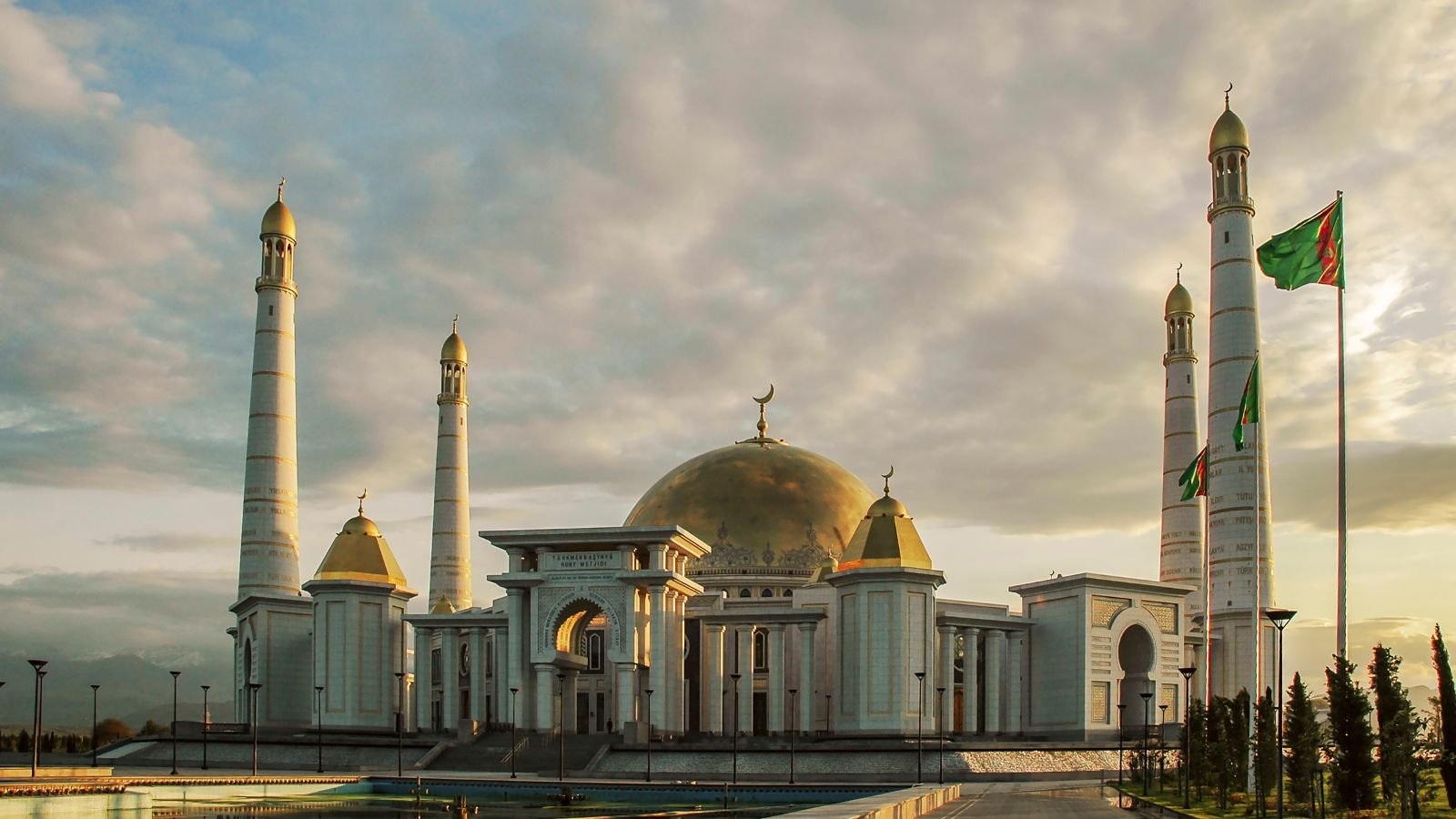Traveling helps us to explore new places, meet diverse people, and immerse ourselves in different cultures. However, not every destination welcomes American travelers with open arms. Whether due to historical events, political tensions, or cultural differences, some countries harbor unfavorable sentiments toward Americans. Here is a curated list of 12 countries where American visitors might find themselves less than welcome.
Russia

With its rich history, vast landscapes, and enigmatic culture, Russia remains a land of intrigue. However, for American travelers, the journey here is not without challenges. The longstanding rivalry between the US and Russia dates back to the Cold War era. While tensions eased over the years, recent events, such as disagreements over Ukraine, have reignited animosity. According to a survey, 72% of Russians harbor an unfavorable opinion of Americans. Obtaining a Russian visa can be akin to solving a labyrinth. Extensive paperwork, bureaucratic hurdles, and patience are prerequisites. American tourists have occasionally faced harassment and detention by Russian authorities.
North Korea

American tourists are not welcome in North Korea; traveling to this country involves significant risks and restrictions. North Korea is a nation known for its strict regime, isolation, and limited openness to the outside world. Travel arrangements must be made through authorized tour operators permitted to conduct tours within the country.
According to the US Department of State, all US passports are invalid for travel to, in, or through North Korea unless specially validated under the authority of the Secretary of State. Such validations are granted only in minimal circumstances.
Iran

With its ancient history, architectural marvels, and breathtaking landscapes, Iran beckons travelers seeking a glimpse into a rich tapestry of culture. However, the journey to Iran is fraught with challenges and complexities for American citizens. Obtaining a visa involves meticulous planning, as Americans cannot receive a visa on arrival. Instead, they must apply through an Iranian travel agency, which takes 2 to 3 months.
Once in Iran, travelers must be accompanied by a guide, and solo exploration is not permitted. The risk of wrongful detentions and limited consular services further adds to the intricacies of visiting this enigmatic nation.
Iraq

American tourists are not welcome in Iraq due to security risks, historical tensions, and ongoing conflicts. The relationship between the United States and Iraq has been strained due to historical events, including the Iraq War. The US State Department explicitly advises against travel to Iraq for safety reasons. Kidnappings are a serious concern in Iraq. The US Embassy in Baghdad has limited capacity to provide support to American citizens in Iraq.
Cuba

Despite a recent thaw in relations, Cuba remains a country where Americans face restrictions. The US government prohibits travel to Cuba for tourism purposes. However, there are specific exceptions for educational or cultural activities. The inability of Americans to travel to Cuba for business originates from the trade embargo established in 1958.
This embargo also extended to Americans who wanted to visit the country for pleasure. While official tourism is still banned, Americans can visit Cuba under twelve different “categories” of travel. These categories exclude pure tourism but cover educational, cultural, and other specific purposes.
Lebanon

Lebanon has a rich history and vibrant culture, but traveling to this country, unfortunately, presents challenges for Americans. Political tensions stemming from years of instability and conflicts have strained relations.
Additionally, US aid conditions imposed since 2007 have led to unfavorable perceptions among 57 percent of the population. Caught in regional dynamics between Iran and Saudi Arabia, Lebanon’s economic crisis and security concerns further contribute to an environment where Americans may not always feel welcome.
Saudi Arabia

Saudi Arabia, a nation with a rich cultural heritage and significant historical sites, has gradually opened its doors to tourism. However, for American visitors, several challenges persist. Women must adhere to strict dress codes, covering their bodies modestly. Additionally, gender segregation is prevalent in public spaces, affecting interactions between men and women. Saudi Arabia strictly prohibits the consumption of alcohol. Visitors should be aware that alcohol is not available in public places, and bringing it into the country is forbidden. While the government has tried to enhance tourism infrastructure, security risks remain.
Turkmenistan

Turkmenistan’s restrictive policies, human rights challenges, and lack of transparency create an environment where Americans may feel unwelcome and face significant hurdles. US visitors to Turkmenistan must obtain a government-sanctioned letter of invitation. This central Asian nation’s human rights record is dire. Issues include restrictions on free expression, harsh prison conditions, and lack of accountability for officials’ abuses.
Venezuela

Venezuela, a nation of contrasts, beckons tourists with its vibrant culture and diverse landscapes. Yet, this journey is fraught with challenges and risks for American travelers. Political instability, corruption, and limited civil liberties define the landscape. Under President Nicolás Maduro, Venezuela has become an authoritarian state, marked by documented human rights abuses. American citizens face significant security risks, including routine detentions by security forces, robberies, and homicides. Civil unrest, inadequate healthcare, and flight restrictions further complicate the experience.
Syria

Syria, a land steeped in history and turmoil, presents unique challenges for American travelers. For years, a historical ban made obtaining a Syrian tourist visa impossible for Americans. Although the ban has since been lifted, the US government remains cautious. Syria grapples with internal strife, cartel activity, and corruption, making it an unstable environment for visitors. Kidnappings and illegal detentions specifically target US citizens, and the widespread violence further elevates the risk of harm. The US Embassy in Damascus has been dormant since 2012, leaving limited emergency services for Americans.
Bhutan

Nestled between India and China, Bhutan beckons with mystical landscapes and a rich spiritual heritage. For American travelers, the journey unfolds with unique intricacies. Bhutan lacks a US embassy, making visa acquisition an intriguing puzzle. The sole avenue is through a tour agency, although the process isn’t overly complex. However, relying on tour operators restricts visa issuance. To step foot in Bhutan, travelers must embrace guided tours—a policy that curtails visitor numbers but ensures an intimate and enriching experience. Travelers must respect local customs, from donning traditional attire to understanding Bhutanese hospitality, guided by the philosophy of Gross National Happiness.
Argentina

Argentina, a land of tango, vibrant culture, and stunning landscapes, has a complex relationship with American tourists. Argentina has faced economic challenges, including debt defaults and currency fluctuations. Some Argentinians associate these issues with US policies and international financial institutions. Historical events, such as the Falklands War and US involvement in Latin American politics during the Cold War, have also left lasting impressions.
